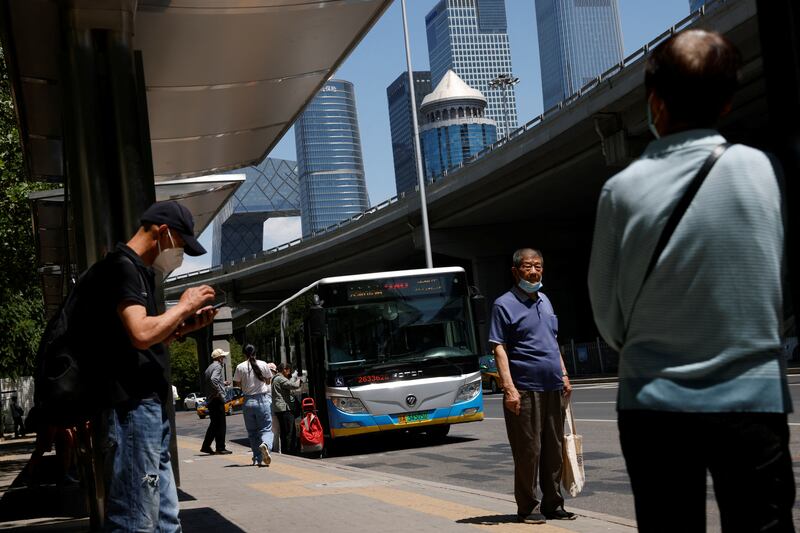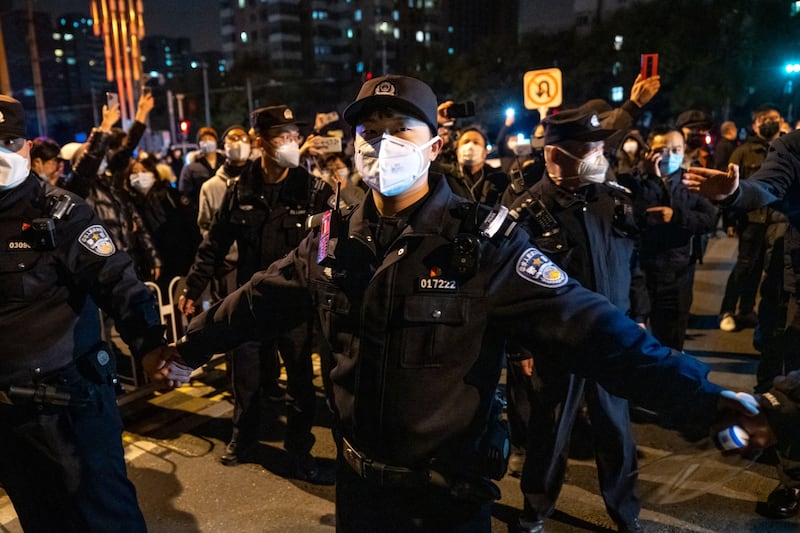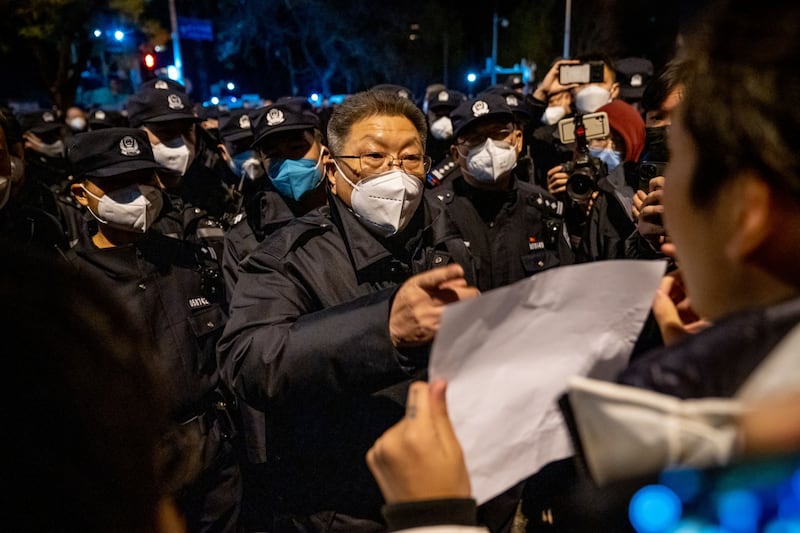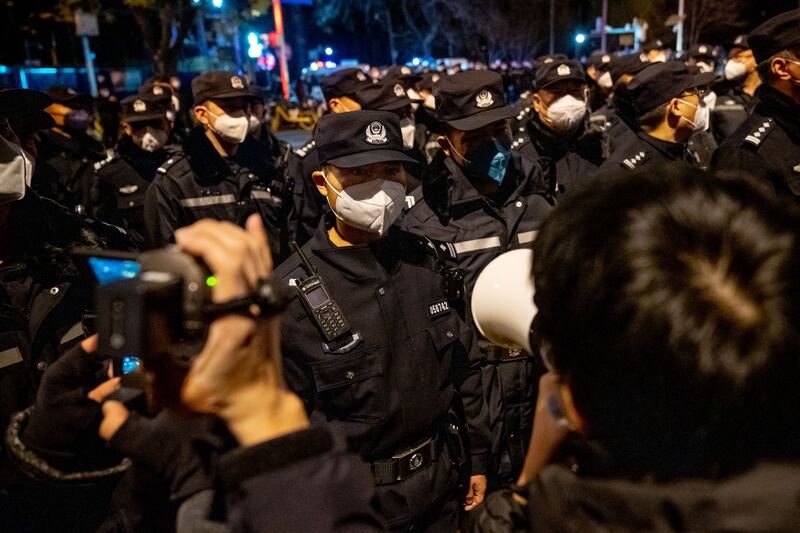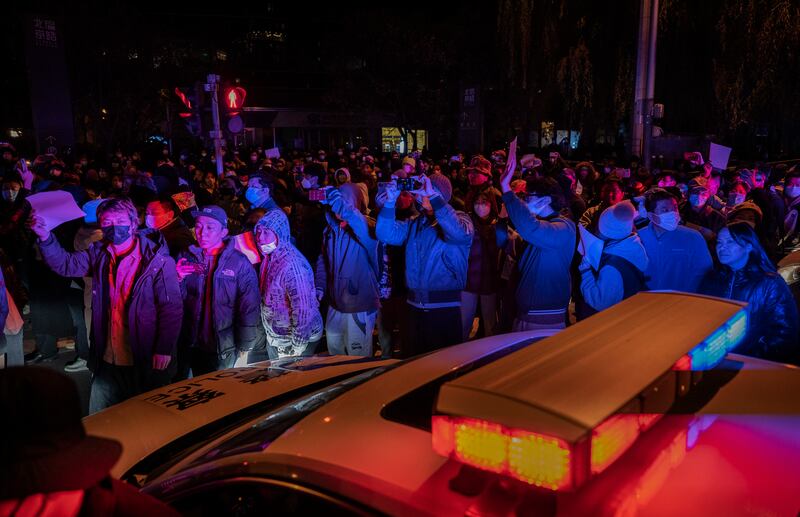Authorities in China have announced a further easing of Covid-19 curbs, with major cities such as Shenzhen and Beijing no longer requiring negative tests to take public transport.
The relaxation of testing requirements comes even as daily virus infections reach near-record highs, and follows protests across the country by residents frustrated by the rigid enforcement of anti-virus restrictions that are now entering their fourth year.
The southern technological manufacturing centre of Shenzhen said on Saturday that commuters no longer need to show a negative Covid-19 test result to use public transport or when entering pharmacies, parks and tourist attractions.
Meanwhile, the capital Beijing said on Friday that negative tests would no longer be required for public transport from December 5. However, a negative result obtained within the past 48 hours will still be necessary to enter public places such as shopping malls.
Some Beijing residents had complained that even though the city had shut many testing stations, most public venues still required Covid-19 tests.
The government on Saturday reported 33,018 domestic infections in the previous 24 hours, including 29,085 with no symptoms.
China remains the only major nation still sticking to a “zero-Covid” strategy that aims to isolate every infected person, even though infection numbers are low compared to its 1.4 billion population. The policy, which has been in place since the pandemic started, led to snap lockdowns and mass testing across the country.
China still imposes mandatory quarantine for incoming travellers.
The recent demonstrations, the largest and most widely spread in decades, erupted on November 25 after a fire in a residential building in the north-western city of Urumqi killed at least 10 people.
The incident set off angry questions online about whether firefighters or victims trying to escape were blocked by locked doors or other anti-virus controls. Authorities denied that, but the deaths became a focus of public frustration.
The country had several days of protests across various cities, including Shanghai and Beijing, with protesters demanding an easing of Covid-19 curbs.
President Xi Jinping’s government has promised to reduce the cost and disruption of controls but says it will stick with the zero-Covid policy. Health experts and economists expect it to stay in place at least until the middle of next year and possibly into 2024 while millions of older people are vaccinated in preparation for lifting controls.
While the government has conceded some mistakes, blamed mainly on overzealous officials, criticism of government policies can result in punishment. Former NBA star Jeremy Lin, who plays for a Chinese team, was recently fined 10,000 yuan ($1,400) for criticising conditions in team quarantine centres, local media reports said.
On Friday, World Health Organisation emergencies director Michael Ryan said the UN agency was “pleased” to see China loosening some of its coronavirus restrictions, saying “it’s really important that governments listen to their people when the people are in pain.”
